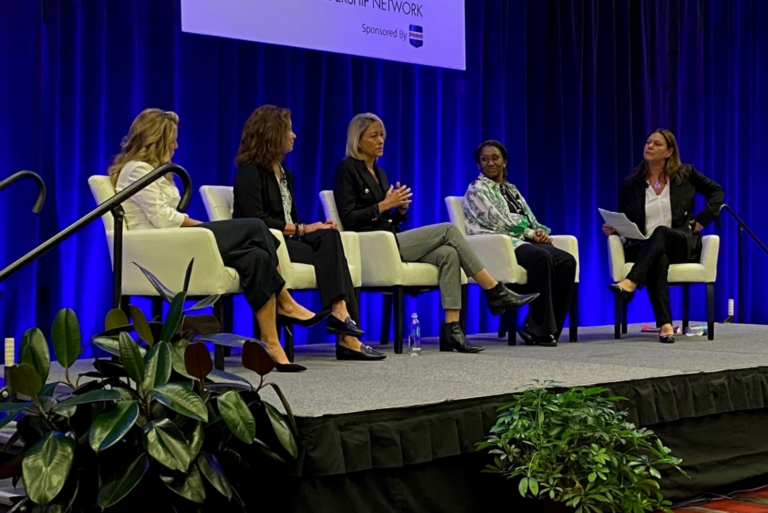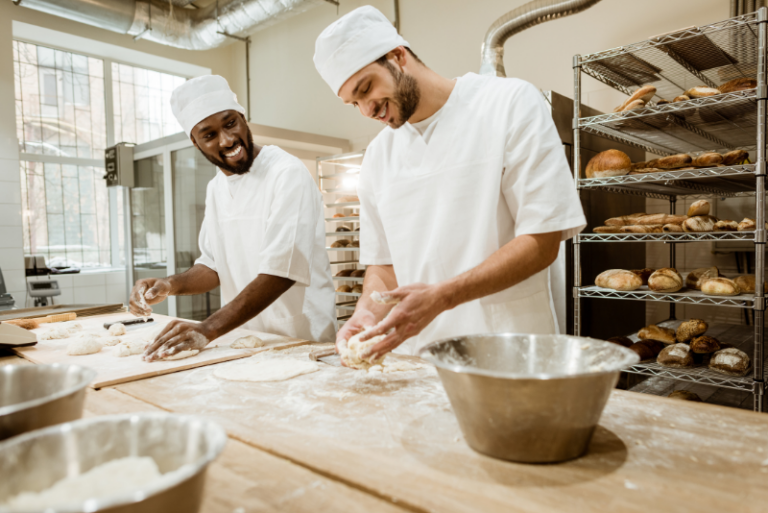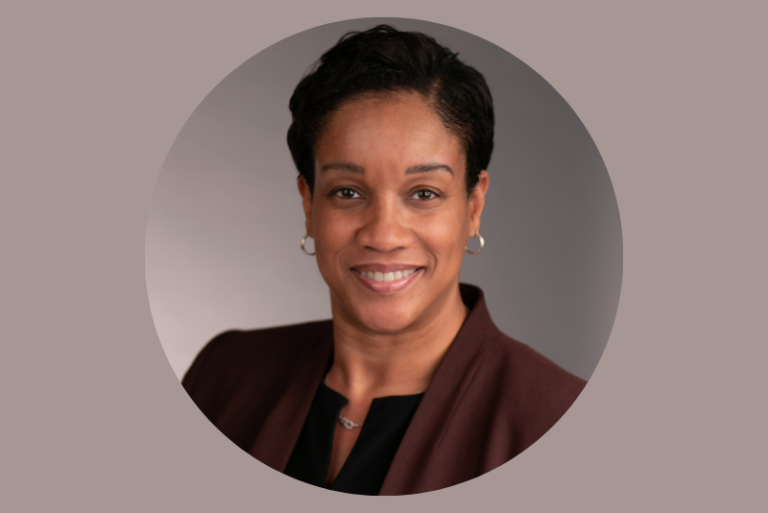LAS VEGAS — As more companies recognize — and take action on — the need for diversity in the workforce, PMMI’s Packaging and Processing Women’s Leadership Network (PPWLN) explored the implications of gender in mentorship as more women step into leadership roles throughout manufacturing.
During PPWLN’s networking event at Pack Expo, a panel of industry professionals, moderated by Stephanie Neil, editor in chief of OEM magazine, discussed what mentorship looks like within the evolving context of diversity and inclusion
Panelists included Tracey Noonan, founder of Wicked Good Cupcakes; Sharron Gilbert, president and CEO of Septimatech Group; Jan Tharp, president and CEO of Bumble Bee Seafood Co.; and Yolanda Malone, VP of global RD Foods at PepsiCo.
For all employees, flexibility and understanding the specific needs for advancement are top of mind at PepsiCo, according to Malone.
“I think the culture really helps to set that tone,” she said. “It’s about walking the walk and talking the talk. That’s what we’re striving to do, to ensure we’re not just saying, ‘It’s really nice to have a diverse leadership team.’ We’re actually showing that we’re serious about it and hiring diverse leaders.”
As more women are recognized as potential leaders in manufacturing, organizations such as the Manufacturing Institute, which operates its STEP Women’s Initiative, have emphasized a need for more women to mentor other women.
For Neil, it begged the question, are men as effective mentors for women as other women are, or should gender even be a factor?
From Noonan’s perspective, it’s all about the experience of the mentor. When she first launched Wicked Good Cupcakes, there were times when she wasn’t taken seriously as a business owner because of the product she sold.
“People would actually call me ‘cupcake,’ and it made me so angry,” she recalled.
But that changed when she received an investment from Shark Tank’s Kevin O’Leary, who has publicly shared his propensity to invest in female entrepreneurs.
“I do think men can successfully mentor women when they’re comfortable in their own skin,” she said.











